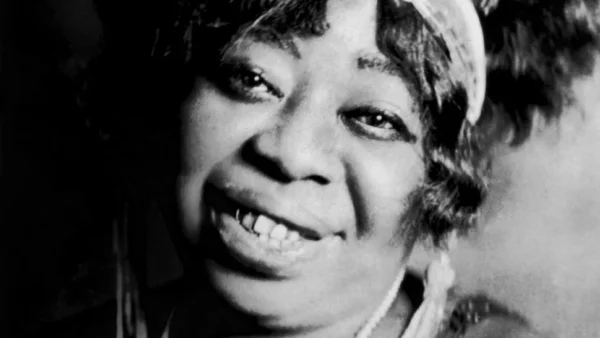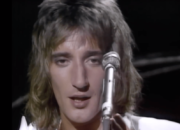
Early music about being gay relied very much on innuendos so much so that very few people ever realized that Tutti Fruiti by gay singer Little Richard in 1955 was about anal sex. Some performers like Noel Coward would be more risque when he wrote/sang If Love Were All …… in 1929 but when Judy Garland recorded it suddenly lost its queer significance.
Coward’s era was also the time of: “Das Lila Lied”, “The Lavender Song”, written for performance in the Berlin Cabaret scene in 1920 with lyrics by Kurt Schwabach and music by Misha Spoliansky. Its chorus goes ‘We are just different from the others who are being loved only in lockstep of morality who wander curiously through a thousand wonders and who are only up to the trivial’. And in 1928 Ma Rainey recorded ‘Prove IT To Me Blues’ her very assertive public coming out as a lesbian.
The Lavender Sing in English by Uta Lemper
But there was little real breakthrough in queer music until 1972 when the bi-sexual rock musician Lou Reed wrote and sang the allegedly biographical Walk On The Wild Side,
In the UK in 1978, some 9 years after homosexuality was legalized, and on the eve of the rampantly homophobic Thatcher era, the Tom Robinson Band, a punk rock/new wave group sang Glad To Be Gay. It quickly became a gay anthem but because of its strident political nature, the BBC refused to play it.
However that had been preceded by a no-holds-barred song about gay-bashing that became a major hit for the (very) hetero Scottish singer (Sir) Rod Stewart. He had already found success as a member of the Jeff Beck Group and then again with The Faces, but both had broken up by that year. So the fact he was in limbo prior to starting his solo career made this song a very brave choice.
The Killing of Georgie tells the story of a man named Georgie. Very quickly into the tune, it becomes clear that Stewart (who acts as a narrator of sorts) loves this man, though not romantically. He refers to him as “The kindest guy I ever knew,” which is noteworthy, as just lines before, the singer calls him “gay, I guess.” At the time the song was considered a big risk for Stewarts’s career but even now it is still a queer song that deserves to be applauded and remembered in gay history….. even though sadly there are queer men still meeting the very same fate as Georgie all these years later.
In 1972 on the side of the English Channel the celebrated French singer Charles Aznavour sang Comme ils disent. Even though homosexuality had been legal in France since 1791, It was still very underground and certainly not something to talk about publicly. However, Aznavour, who was not even gay but had numerous gay friends and wanted to talk about them, not only created this song, but chose it as one of the “singles”. This groundbreaking song with its very poignant story about a drag queen. was a major hit for Aznavour who would always perform it live at his concerts
Translated into English as ‘What Makes A Man A Man’ it was performed/recorded by several different singers ……including a few drag queens……and very oddly by Liza Minnelli!!!! The ultimate translated version is however by Marc Almond

